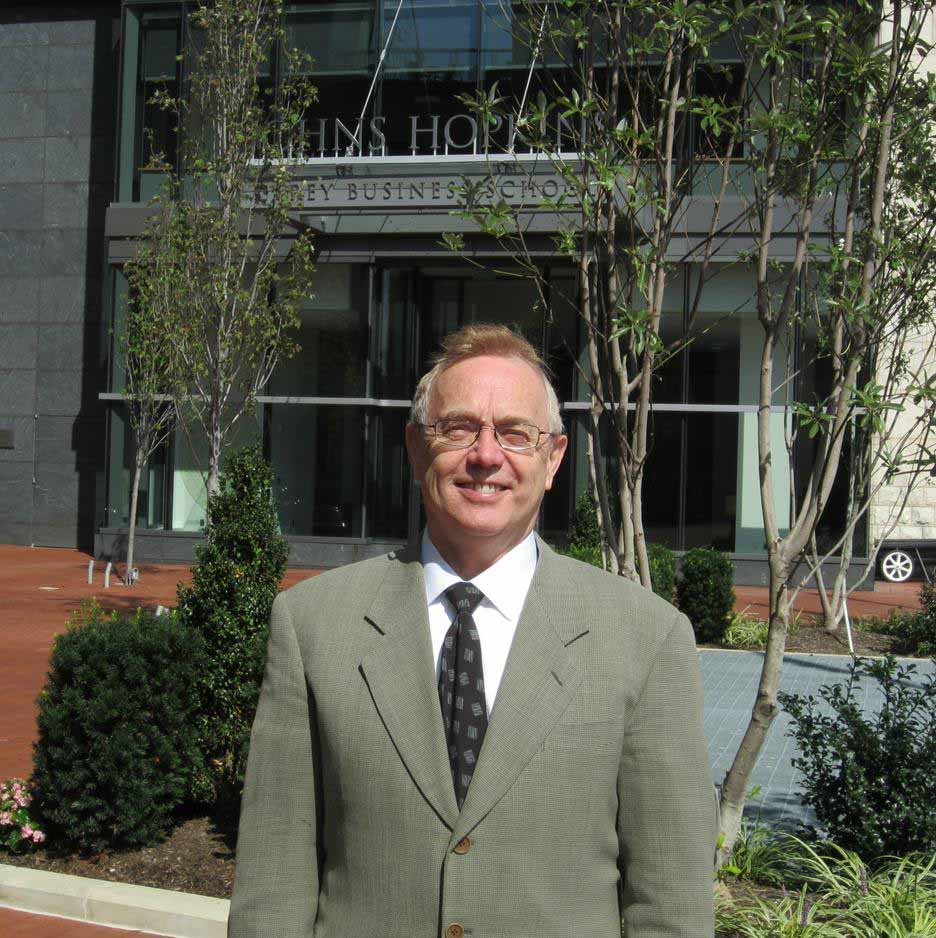Complaint by informant played a role in Nav Sarao’s detention and U.S. request for his extradition on flash crash charges.
Institutional Investor
May 12, 2015
By Robert Stowe England
The arrest of Navinder (Nav) Singh Sarao last month for allegedly helping to trigger the 2010 flash crash through spoofing and other manipulative trading techniques has cast a spotlight on the role of whistle-blowers in rooting out financial fraud.
Sarao was arrested on April 21 at his London residence by police acting on a request from the U.S. Department of Justice, triggered at least in part by a complaint made by a whistle-blower to the Commodity Futures Trading Commission (CFTC).
The name and details of the individual have not been disclosed, but a lawyer who represents the individual describes him as someone who “has a peculiarly exceptional talent” in analyzing trading patterns.
The whistle-blower invested “years of careful analysis” before presenting his findings as “original research,” as required under the whistle-blower provision of the Dodd-Frank Wall Street Reform and Consumer Protection Act of 2010, says Shayne Stevenson, a partner and head of the whistle-blower practice at Hagens Berman Sobol Shapiro in Seattle who represents the individual. “I don’t think a typical person, even in the industry and out of the industry — whatever — could piece together something like market manipulation in a simple way,” Stevenson adds.
The Dodd-Frank act created two separate whistle-blower programs, at the CFTC and the Securities and Exchange Commission, respectively. Both were launched in 2011. The SEC program has been more active, enabling 17 whistle-blowers to share a total of $50 million in awards for identifying illegal activities, as of September 30, 2014. Much of that sum went to just two people: An individual won a $30 million award last year, and another person was awarded $14 million in 2013, according to agency disclosures. The CFTC program, on the other hand, has led to just one $240,000 award to a single whistle-blower by the end of September 2014.
Read more here.
